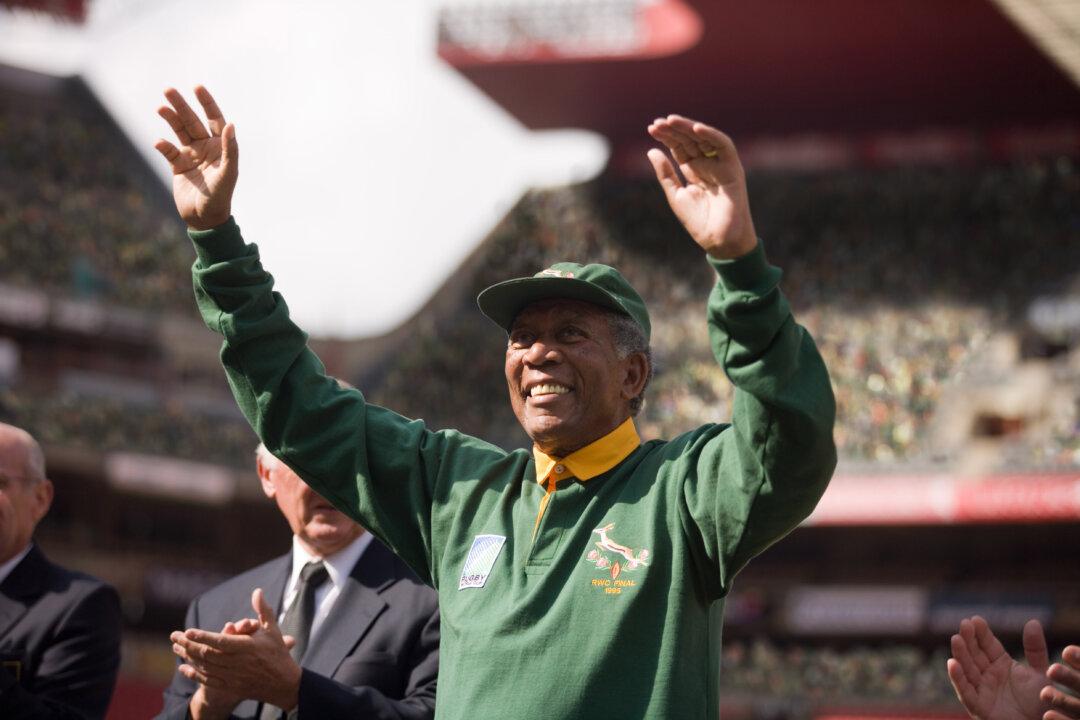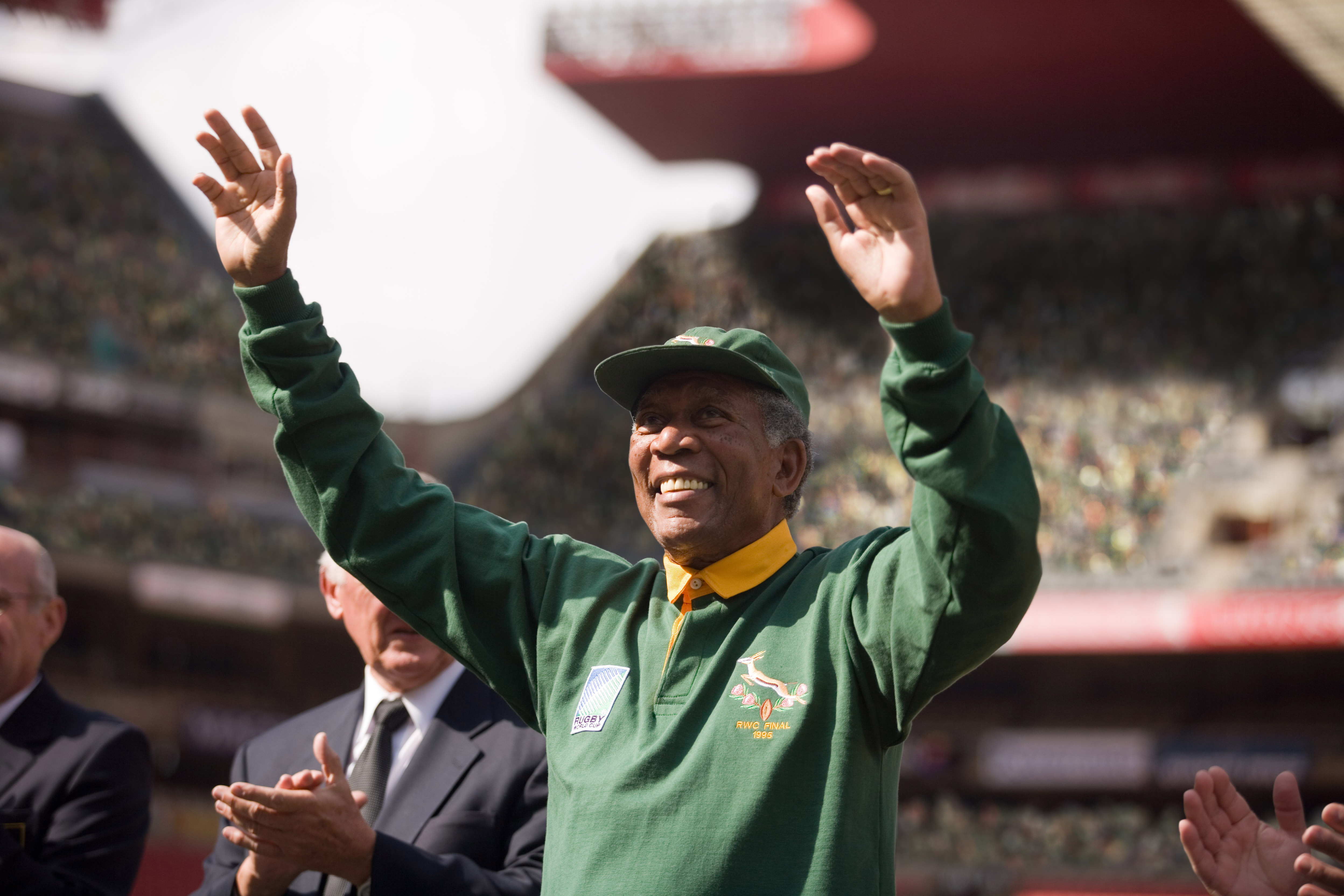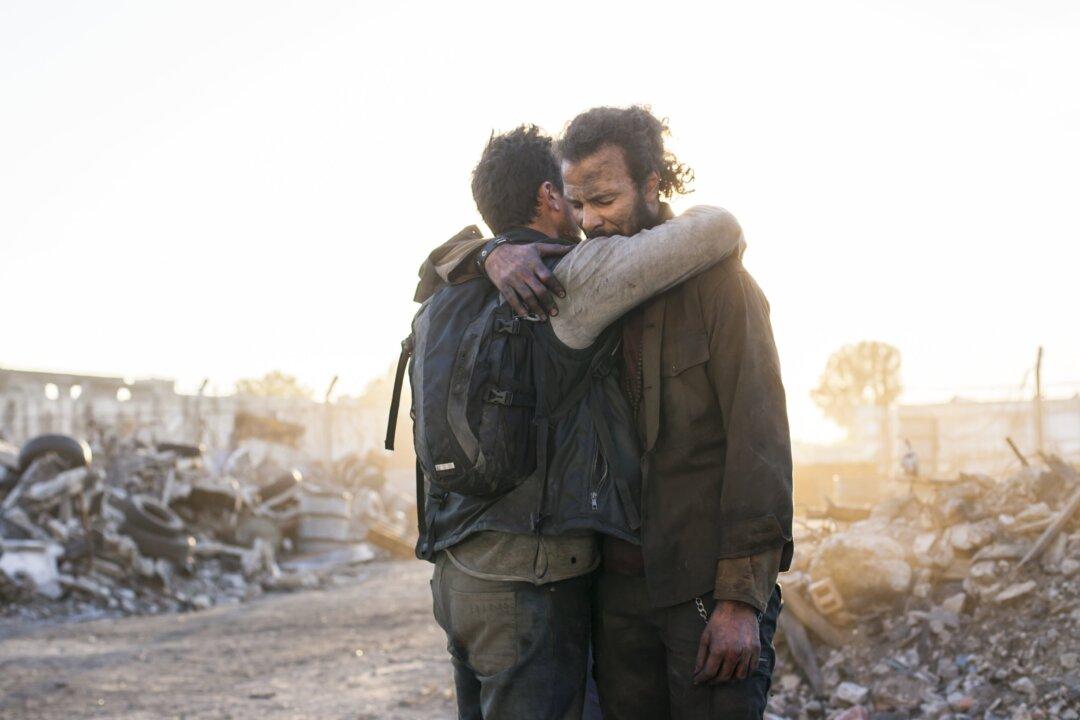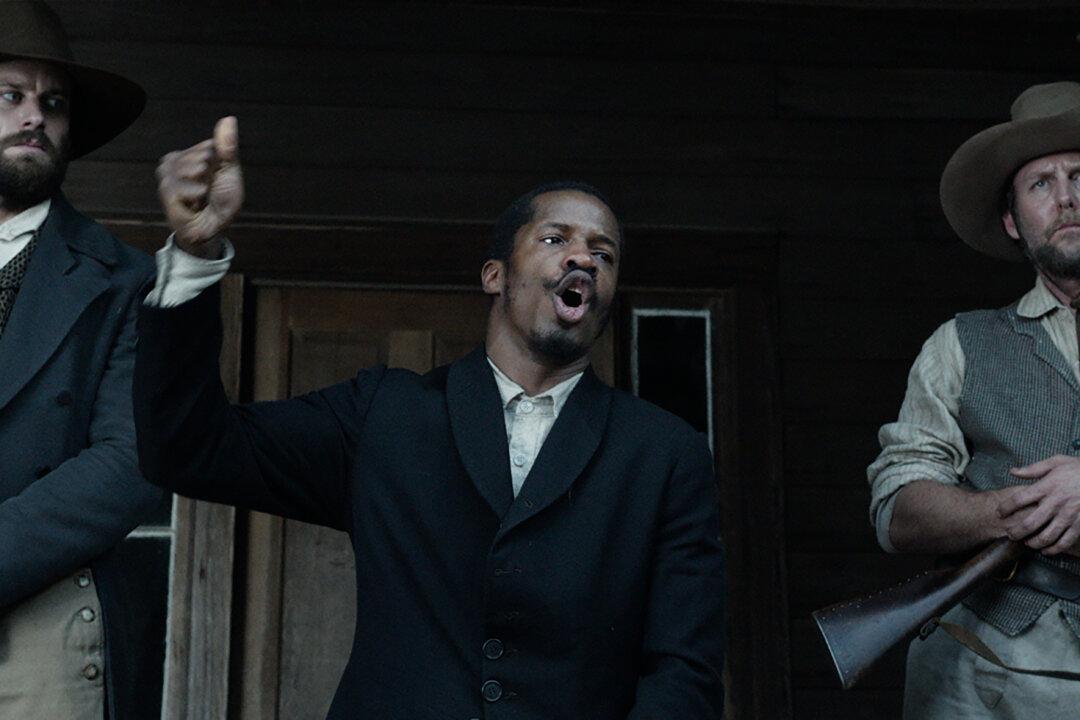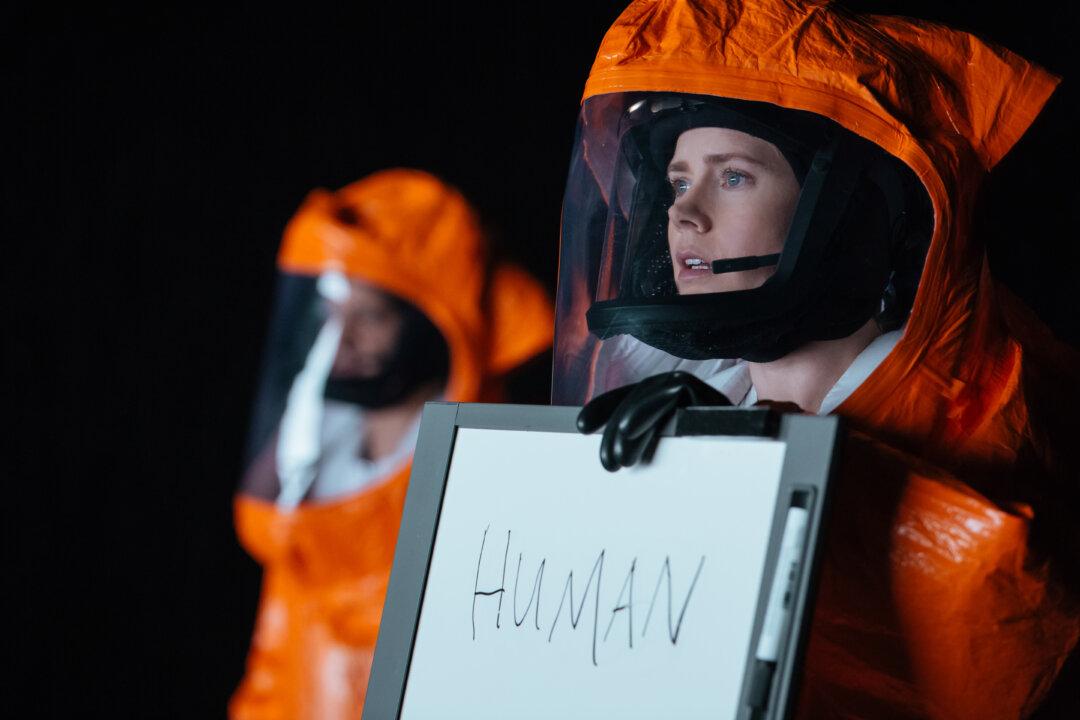Morgan Freeman was clearly born to play Nelson Mandela. Grandiosely shuffling through the latest directorial effort from Clint Eastwood, he is the driving force at the back of this uneven cinematic scrum.
It’s a faithful adaptation of John Carlin’s book and adheres to a similar template followed by Michael Mann with Ali: focusing on a snapshot in an iconic life rather than a join-the-dots, start-to-finish narrative.
Newly elected in a country shrouded in the shadow of apartheid, Mandela decides to make the heart of his message the predominantly white South African rugby team. Captained by Francois Pienaar (Matt Damon with a nose job for the second consecutive outing), they are a shambles on the pitch, even beaten by England at one stage, but must now overcome the odds to become the emblem of unity that will define an era and make the man.
Invictus is something of a leftfield choice for Eastwood, as his films often focus on intimacy laced with tragedy and sentimentality (Gran Torino, Unforgiven), not such chest-thumping displays as this (the title comes from the name of a William Henley poem which Mandela recited daily while incarcerated on Robin island).
And why focus so intently on the game of rugby? Shot too cinematically to truly convey the brutality of the sport – think slo-mos and pristine kits, seemingly channelled through a lens meant for Michael Bay – it threatens to alienate a large chunk of a possible audience by moving the match action to the foreground. It’s the film’s biggest problem that the genteel character profiling of one of history’s most distinguished icons soon gets kicked to touch for a generic against-the-odds sports movie.
Thankfully what has preceded the cloying finale is a towering performance from Freeman. Obvious physical comparisons aside, he is electric in his understatement. Eastwood paints a picture of a fallible man, lonely as an absentee father and commanding as an inspirational leader, and with magnificently languid vocals Freeman convinces on all counts, even making some of the more clunking lines seem weighty.
Supporting him in the pack is Matt Damon in a role infinitely more successful when he’s not uncomfortably barking orders to his stilted teammates. Having the hopes of a nation bestowed upon him it’s the quieter moments of shared audience empathy during which Damon really shines. A trip to Robin Island, where Pienaar visits Mandela’s miniscule cell and the weight of sacrifice finally dawns on him, is moving stuff.
Eastwood’s imprint is hardly noticeable; the direction is competent in that aside from the fumbled match scenes he frames everything with that consummate graceful ease evident in most of his work.
Invictus gives us a stately, sometimes flat, but respectful biopic told with only flashes of the emotion that period of time in South Africa’s history should have delivered.
[etRating value=“ 3”]
It’s a faithful adaptation of John Carlin’s book and adheres to a similar template followed by Michael Mann with Ali: focusing on a snapshot in an iconic life rather than a join-the-dots, start-to-finish narrative.
Newly elected in a country shrouded in the shadow of apartheid, Mandela decides to make the heart of his message the predominantly white South African rugby team. Captained by Francois Pienaar (Matt Damon with a nose job for the second consecutive outing), they are a shambles on the pitch, even beaten by England at one stage, but must now overcome the odds to become the emblem of unity that will define an era and make the man.
Invictus is something of a leftfield choice for Eastwood, as his films often focus on intimacy laced with tragedy and sentimentality (Gran Torino, Unforgiven), not such chest-thumping displays as this (the title comes from the name of a William Henley poem which Mandela recited daily while incarcerated on Robin island).
And why focus so intently on the game of rugby? Shot too cinematically to truly convey the brutality of the sport – think slo-mos and pristine kits, seemingly channelled through a lens meant for Michael Bay – it threatens to alienate a large chunk of a possible audience by moving the match action to the foreground. It’s the film’s biggest problem that the genteel character profiling of one of history’s most distinguished icons soon gets kicked to touch for a generic against-the-odds sports movie.
Thankfully what has preceded the cloying finale is a towering performance from Freeman. Obvious physical comparisons aside, he is electric in his understatement. Eastwood paints a picture of a fallible man, lonely as an absentee father and commanding as an inspirational leader, and with magnificently languid vocals Freeman convinces on all counts, even making some of the more clunking lines seem weighty.
Supporting him in the pack is Matt Damon in a role infinitely more successful when he’s not uncomfortably barking orders to his stilted teammates. Having the hopes of a nation bestowed upon him it’s the quieter moments of shared audience empathy during which Damon really shines. A trip to Robin Island, where Pienaar visits Mandela’s miniscule cell and the weight of sacrifice finally dawns on him, is moving stuff.
Eastwood’s imprint is hardly noticeable; the direction is competent in that aside from the fumbled match scenes he frames everything with that consummate graceful ease evident in most of his work.
Invictus gives us a stately, sometimes flat, but respectful biopic told with only flashes of the emotion that period of time in South Africa’s history should have delivered.
[etRating value=“ 3”]
